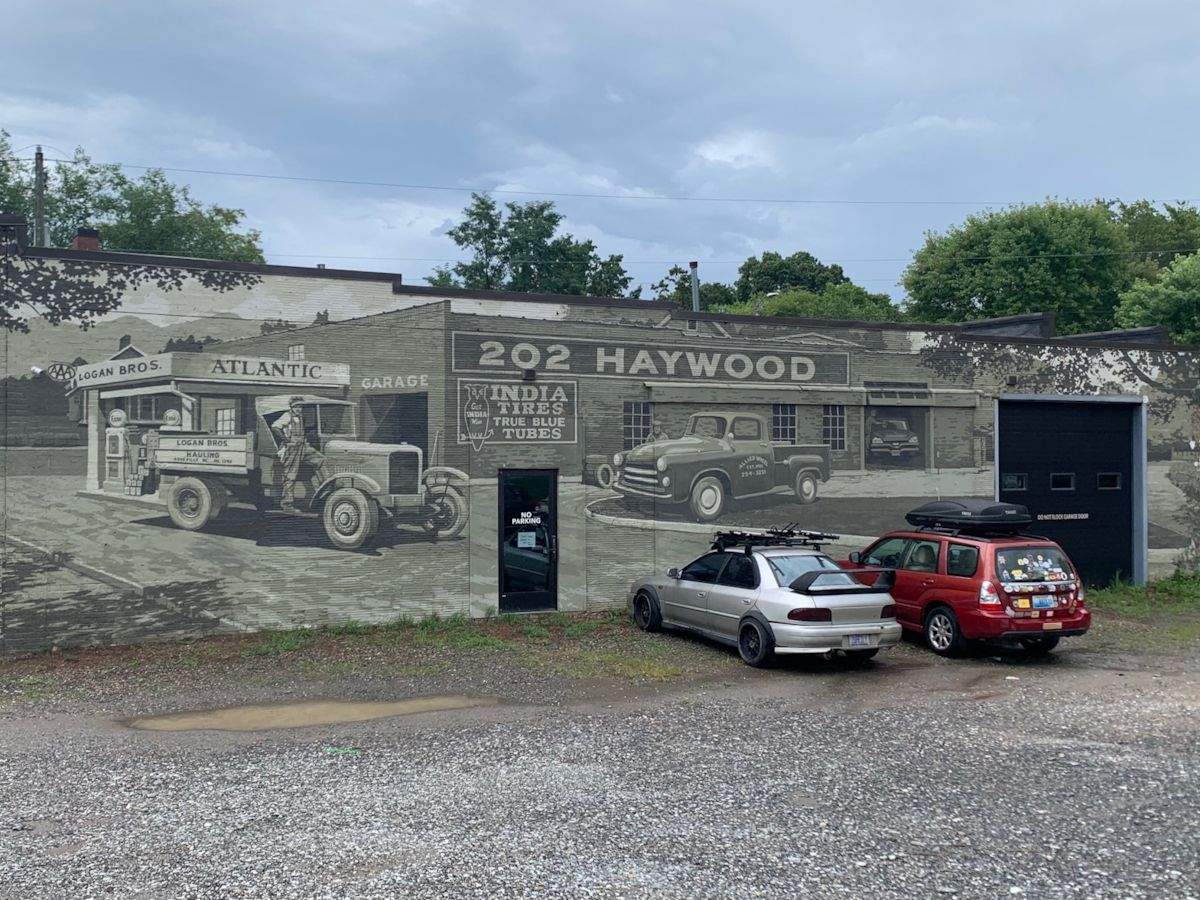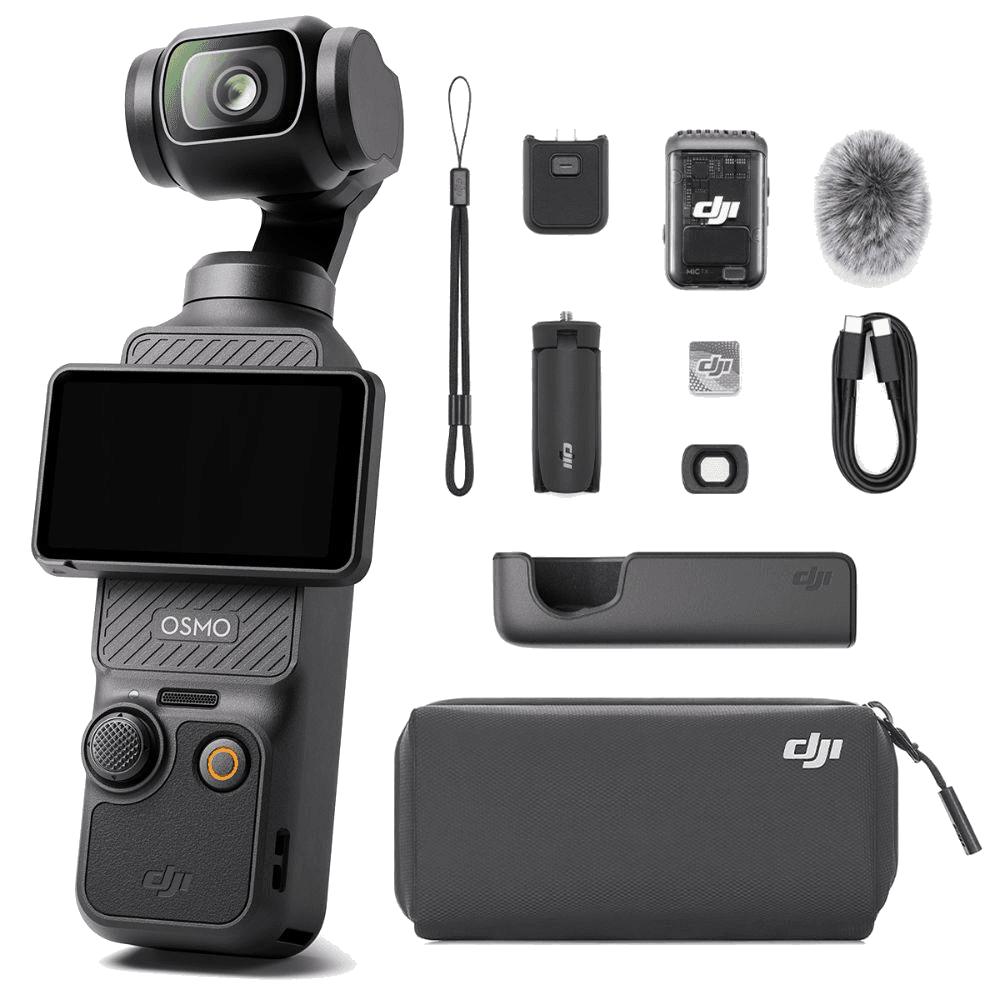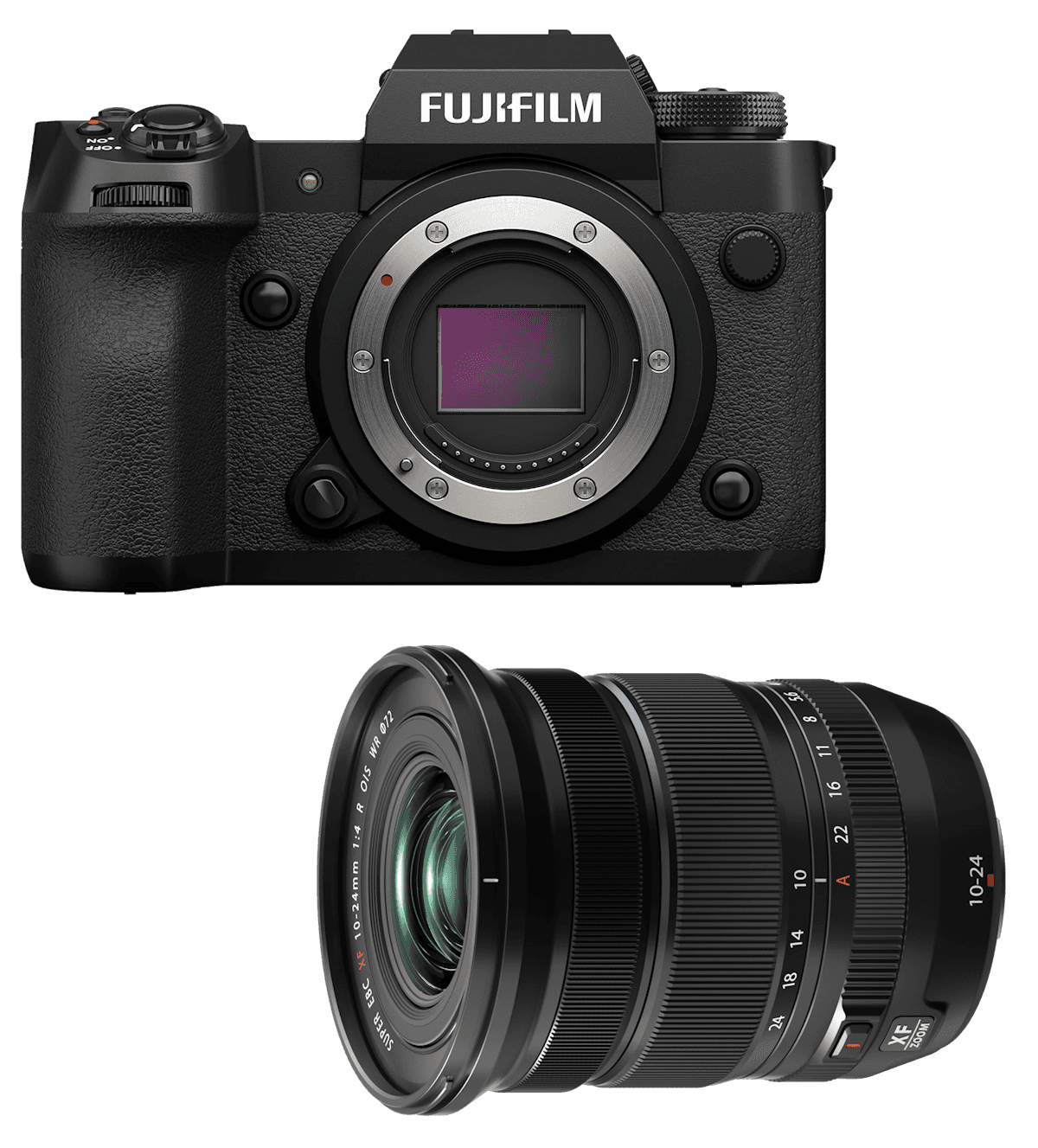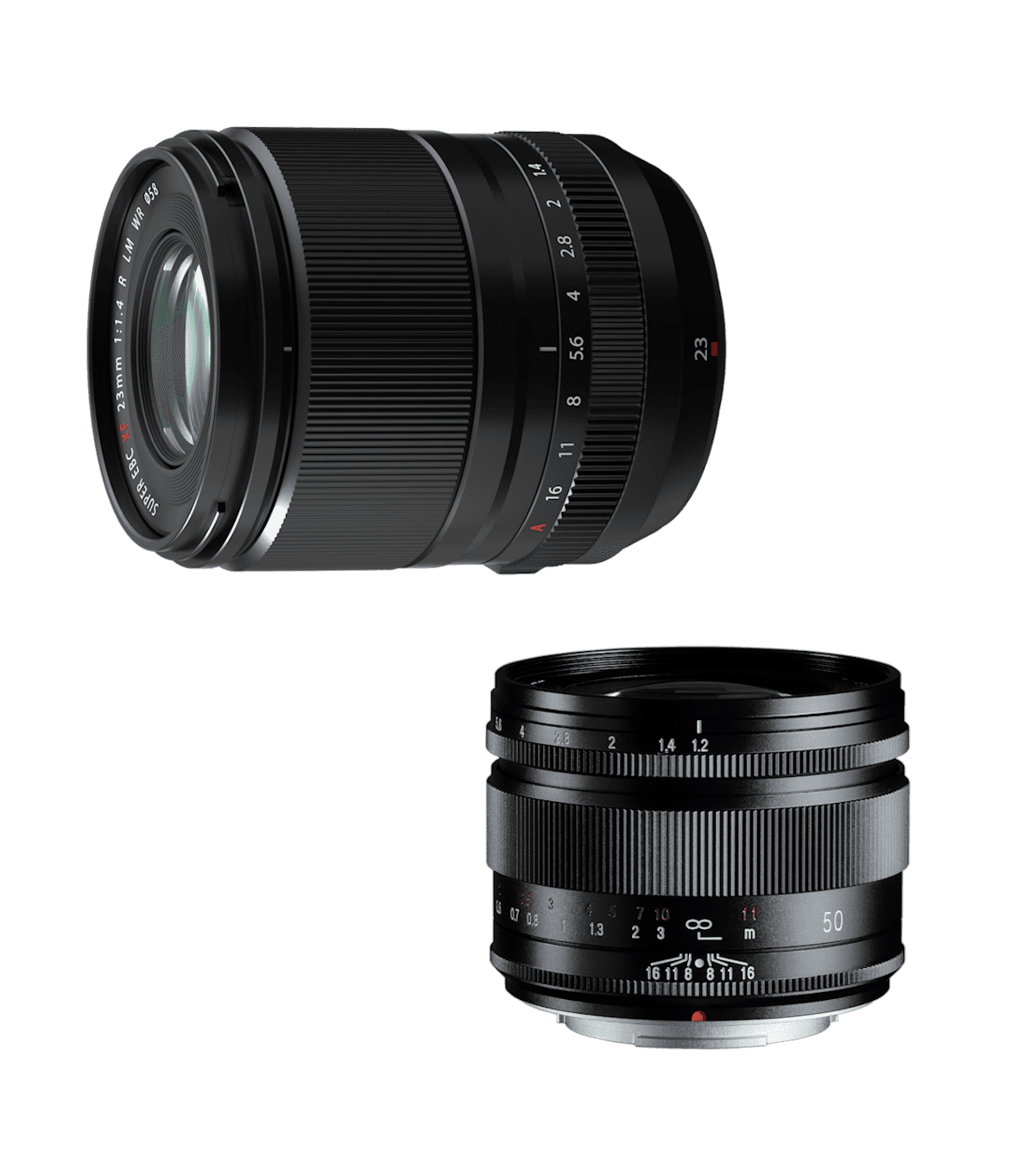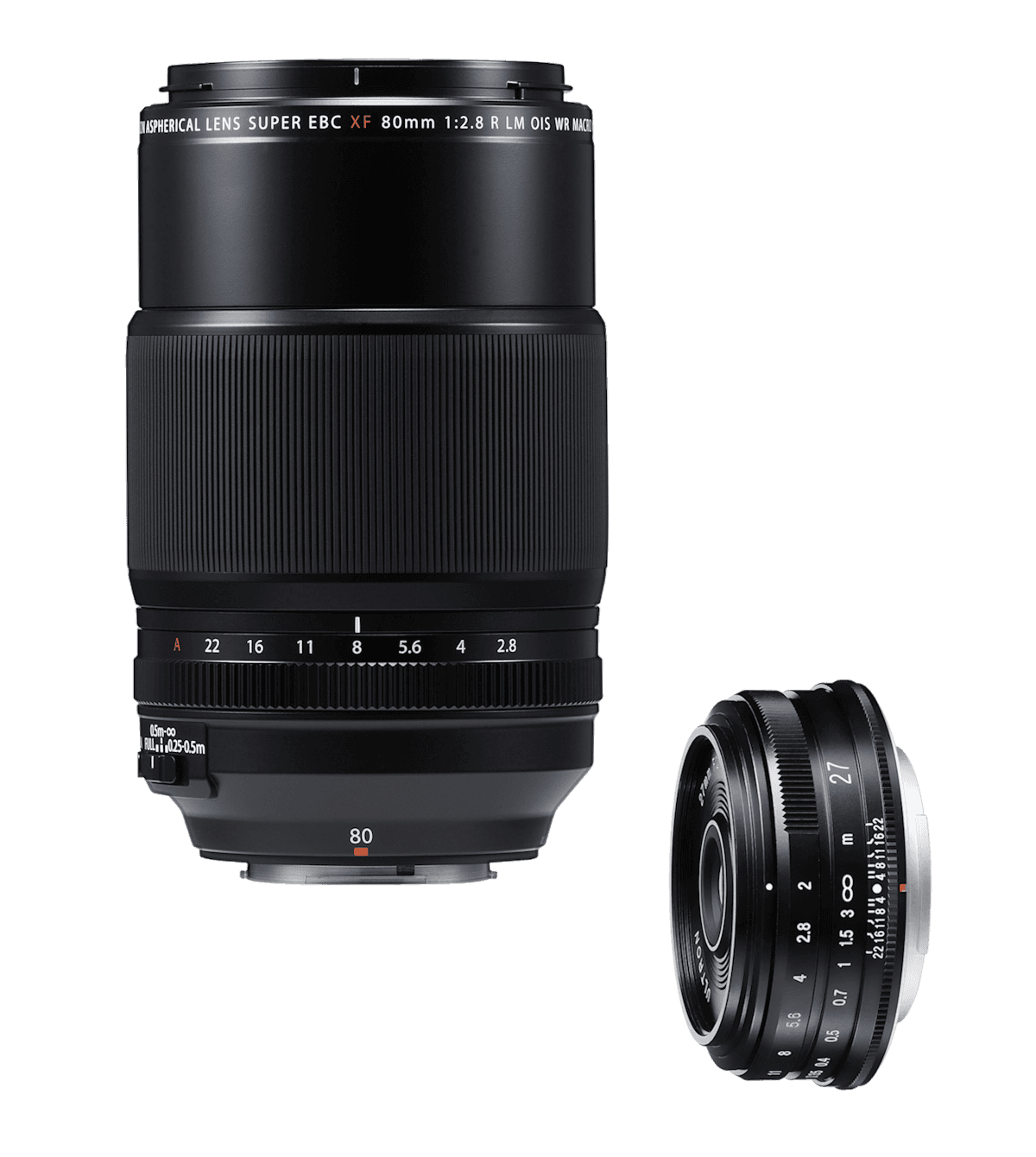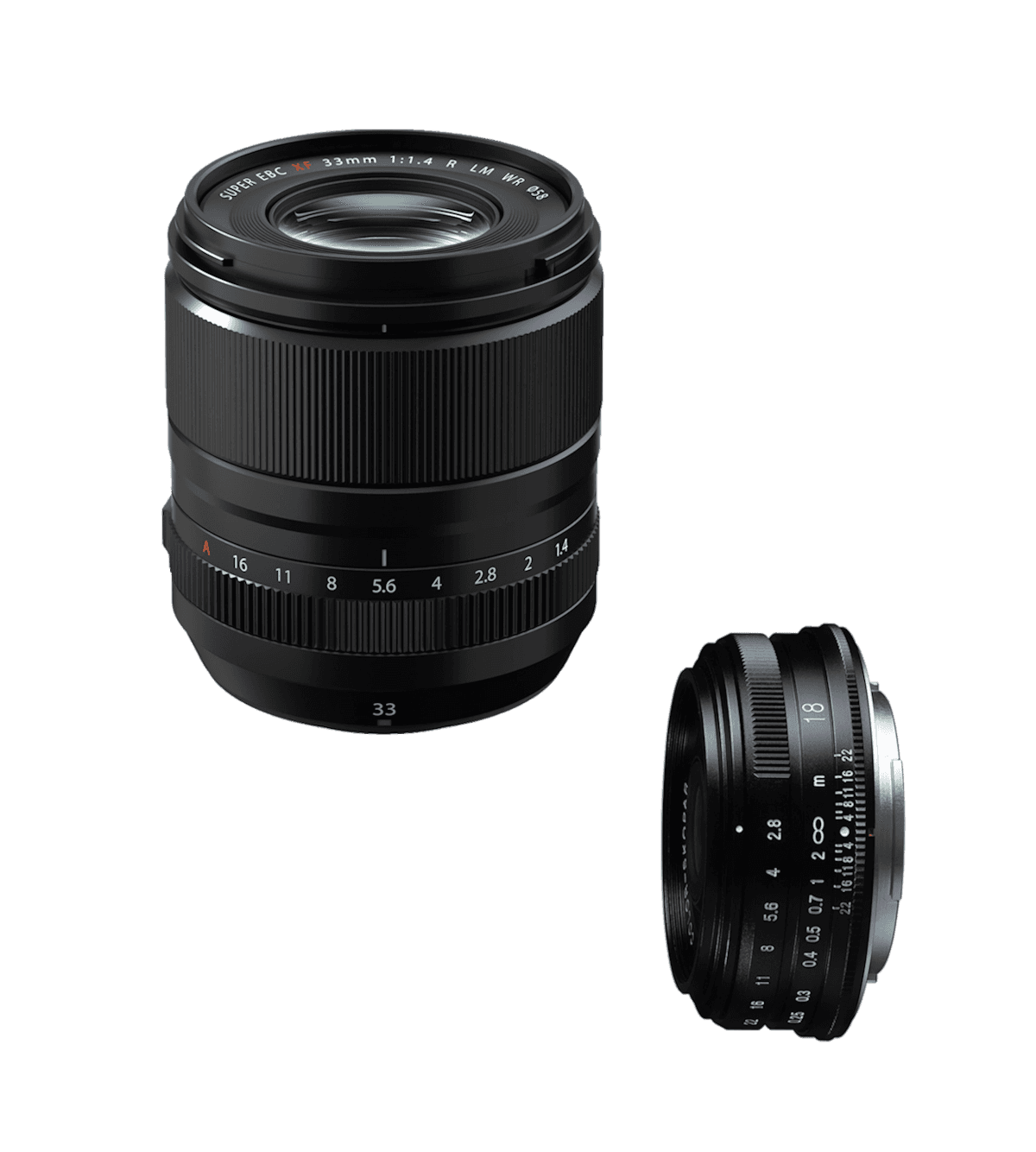From Long View to Field Kit: Building a 5-Year Lens Plan
When I first started charting my photography gear roadmap, I leaned toward expansion. I wanted to explore everything: a flagship Fujifilm mirrorless hybrid camera with native autofocus and Voigtländer manual-focus lenses, adapted Pentax Limited primes, and later, those same Pentax lenses in their own native full-frame environment via the Pentax K-1 Mark III DSLR (assuming it will be released in the next few years).
My original 12-year plan was sprawling, detailed and ambitious: a photographic curriculum as much as a purchase guide. It made sense on paper. After all, mastery takes time, and gear is part of that journey.
As I kept refining my plan, I realized the act of expanding the system helped clarify the specifics of what I truly needed. Once I let myself imagine a much bigger, more open-ended setup, I could begin to identify what was essential.
The plan was as amazing as it was unwieldy (and, let’s be honest, expensive). I started making smaller lists.
Two-lens sets. "If I could only pick three…" scenarios. Through this process of elimination, I discovered what equipment I actually want to use now, in the real environments and projects I want to take on today.
These constraints helped highlight use cases I care about: walkaround photography, portraiture, macro for crafts, lightweight video, expressive primes with character. A tight, purposeful five-year plan emerged, tailored to my current intentions for creative development.
Here's what my plan looks like now:
Year 0
DJI Osmo Pocket 3 Creator Combo
Ultra-portable video & vlogging rig, immediate creative use
Stabilized 4K/60p with excellent face tracking in a tiny, discreet package
Year 1
Fujifilm X-H2
Flagship hybrid APS-C body
40MP sensor + 6.2K video
XF 10–24mm f/4 R OIS WR
Ultra-wide zoom lens for interiors, nature and architecture
Stabilized, weather-sealed and lightweight
Year 2
XF 23mm f/1.4 R LM WR
Fast, weather-sealed autofocus lens
Natural perspective for street, documentary and general use
Voigtländer 50mm f/1.2 Nokton
Manual-focus portrait lens
Character-rich bokeh and excellent low-light handling, great for both photo and video
Year 3
XF 80mm f/2.8 R LM OIS WR Macro
High-resolution macro lens for detailed close-ups of texture, craft and flora
Doubles as a sharp, stabilized short telephoto
Voigtländer 27mm f/2.0 Ultron
Compact manual-focus semi-normal pancake lens
Ideal for discreet everyday carry
Year 4
XF 33mm f/1.4 R LM WR
Fast, high-performance autofocus normal prime lens
For portraits, storytelling and video
Voigtländer 18mm f/2.8 Color Skopar
Manual-focus wide-angle pancake lens
Compact and expressive for street, architecture and atmosphere
Instead of stretching out toward hypothetical gear I might want a decade from now, this plan focuses on immediate use followed by several years of intensive growth.
This plan is designed to develop my technical skill and compositional eye. It's a set of learning blocks, but it leaves room for surprise. With it, I can discover new directions and systems that fit who I’ll be when the time comes, not who I imagined I’d be when I started.
This isn’t a plan for every photographer. It’s not the plan I made last month. But it makes sense for the next five years, and I think it suits me.
